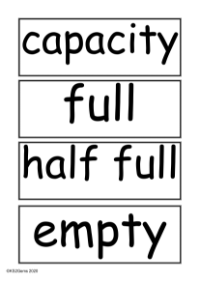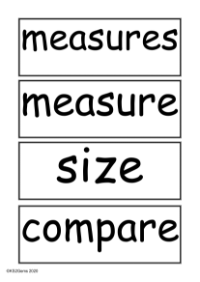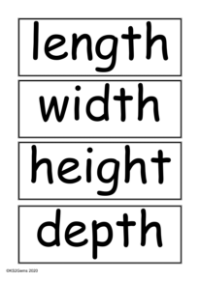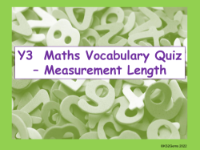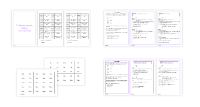Vocabulary - Measures: Mass
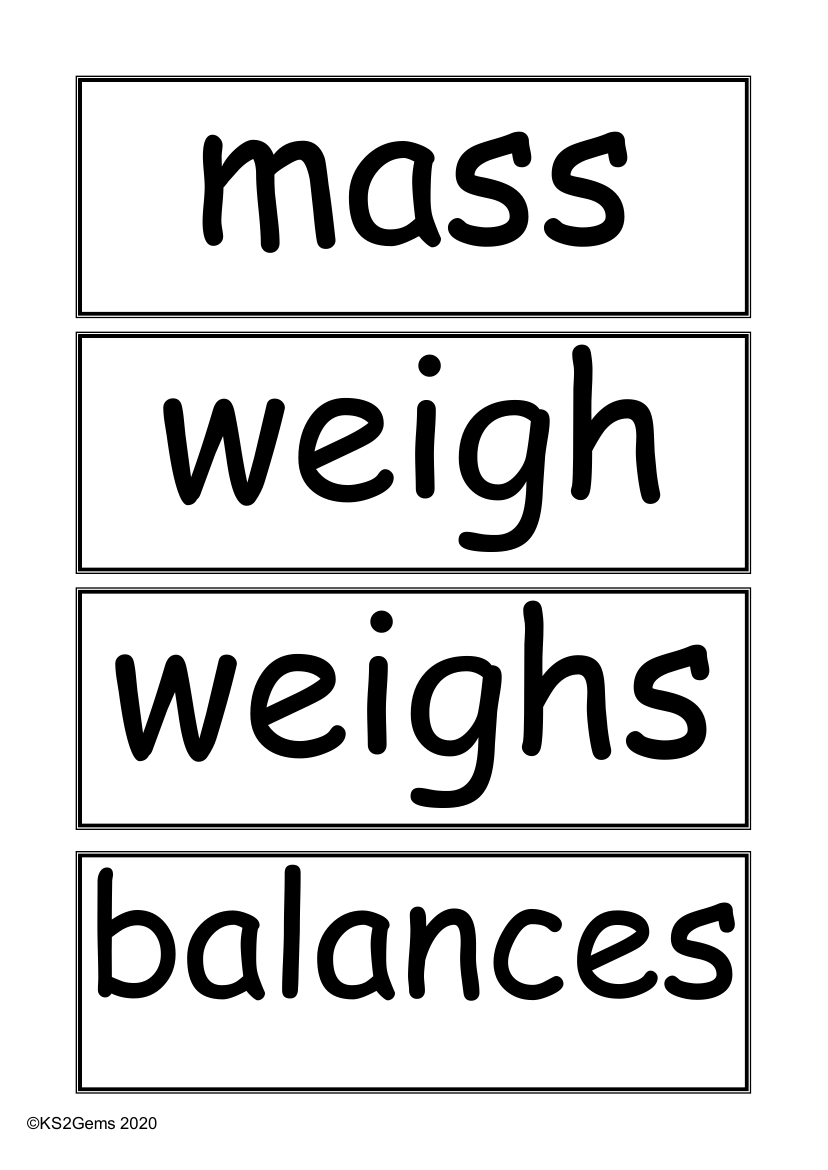
Maths Resource Description
The vocabulary set around the theme of 'Measures: Mass' is fundamental for students in grasping the concepts of weight and balance. The term 'mass' refers to the amount of matter in an object, and is commonly measured in units such as kilograms (kg) and grams (g). To 'weigh' something means to measure its mass, typically using devices like scales or balances. These terms are used to describe whether an object is 'heavy' with a large mass, or 'light' with a small mass. Comparative terms such as 'heavier' and 'lighter' are also included, allowing students to discuss and compare the mass of different objects.
Extending the vocabulary further, 'heaviest' and 'lightest' are superlative forms used to identify objects with the greatest and least mass respectively. The unit 'kilogram' is a standard measurement of mass, with 'half-kilogram' indicating a measure of 500 grams. The abbreviation 'kg' is commonly used for convenience. Similarly, 'gram' is a smaller unit of mass, with the abbreviation 'g' often used. The term 'balance' refers to a tool or scale used for comparing the mass of two objects or substances, which is essential in various scientific and everyday contexts. By familiarising themselves with these terms, students enhance their ability to engage with and understand the concept of mass in practical situations.
